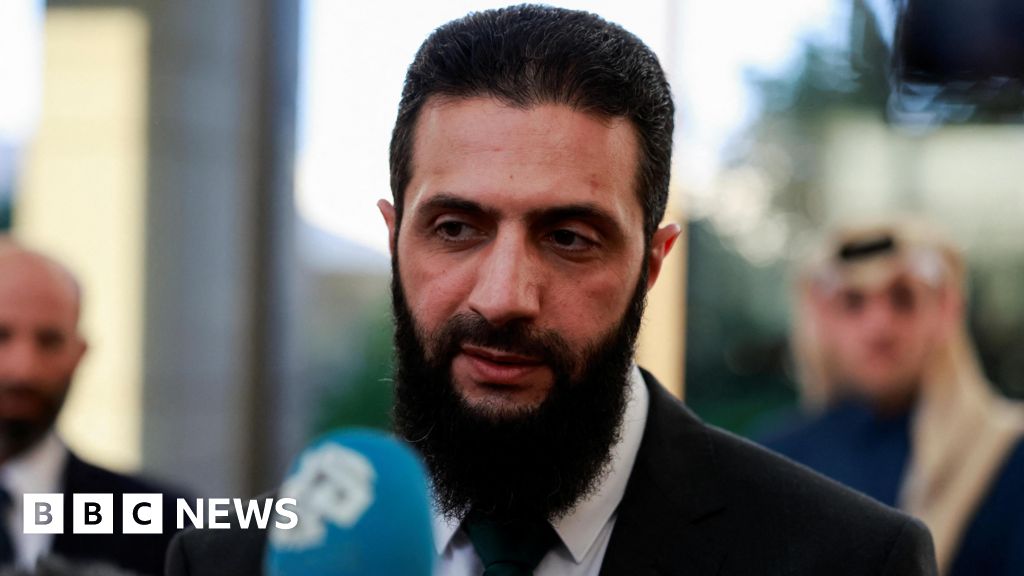Rebel leader Ahmed al-Sharaa said in a broadcast interview that it could take up to four years to hold new elections in Syria.
He revealed the timeline for possible elections in Syria, where his group Hayat Tahrir al-Sham (HTS) led the rebel offensive that ousted former president Bashar al-Assad. This is the first time since then.
He said in an interview with Saudi state broadcaster Al Arabiya on Sunday that drafting a new constitution could take up to three years.
He also said it could take a year after Assad’s overthrow for Syrians to start seeing significant changes and improvements in public services.
Shaller said Syria needs to rebuild its legal system and conduct a comprehensive census to hold legitimate elections.
Mr. Sharaa, formerly known as Abu Mohammed al-Jolani, heads the country’s new authority after the fall of President Bashar al-Assad earlier this month.
Since then, questions have arisen about how the HTS will govern the multi-ethnic nation.
HTS began as a jihadist group that espoused violence to achieve its goal of establishing a state governed by Islamic law (Sharia), but in recent years it has distanced itself from its past.
Shara’a said the group, which previously aligned with the Islamic State and al-Qaeda and is listed as a terrorist organization by the United Nations and many countries, would be “disbanded” at an upcoming national dialogue conference, but no further action would be taken. did not go into details.
The rally could be the first test of whether Syria’s new leadership can achieve its promised goal of unifying the country after 13 years of civil war.
Responding to criticism of the caretaker government, he said the appointments were “essential” and did not exclude anyone.
Syria is home to many ethnic and religious groups, including Kurds, Armenians, Assyrians, Christians, Druze, Alawite Shiites, and Arab Sunnis, the last of which is Sunni, which accounts for the majority of the Muslim population. occupies a portion.
His group is committed to defending the rights and freedoms of the country’s minorities.
Meanwhile, nearly 300 people have been arrested in the past week in a crackdown on Assad supporters, according to a UK-based war monitoring group.
Rami Abdel Rahman, head of the Syrian Observatory for Human Rights, said those arrested included informants, pro-regime fighters and former soldiers.
He told AFP news agency that the arrests were made “with the cooperation of local residents.”
Syria’s state news agency Sana also reported this week on arrests targeting Assad militiamen, whose weapons and ammunition were seized.



